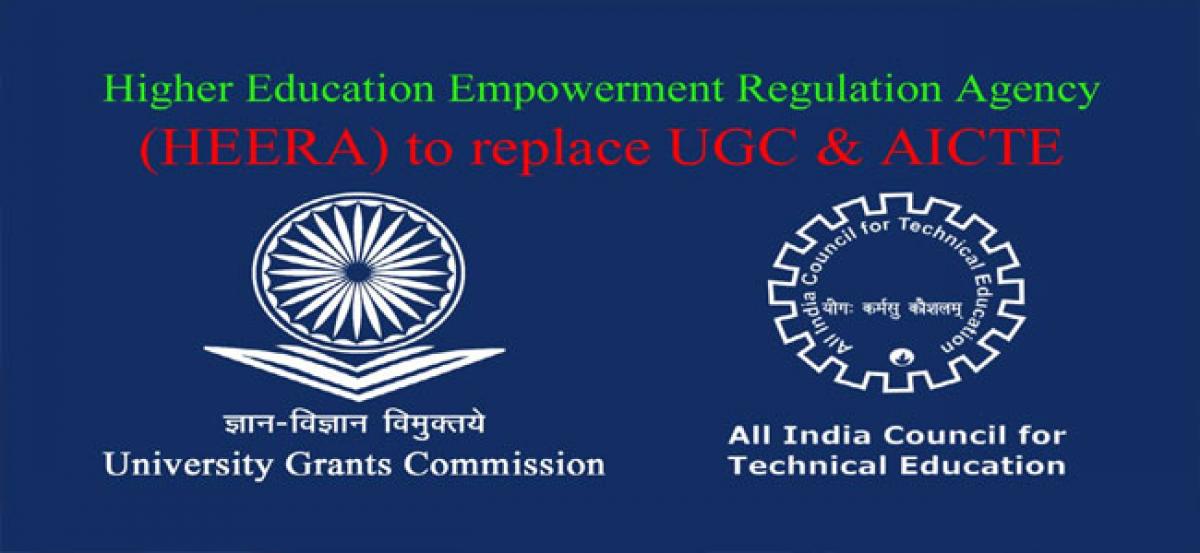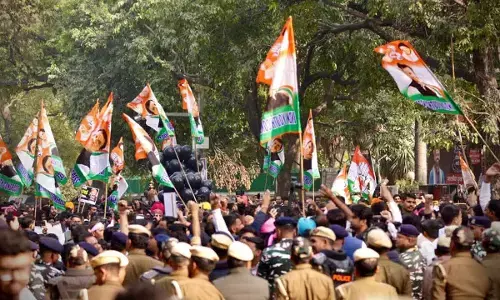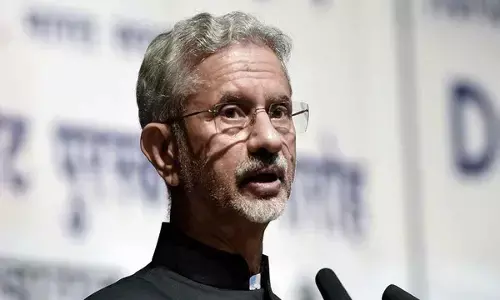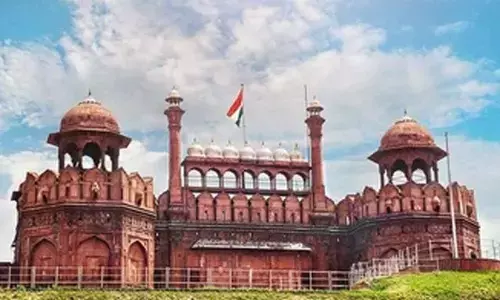Government move to retain AICTE, UGC likely to affect reform plans

If the Union government is indeed scrapping its plan to introduce a single higher education regulator, as has been reported by The Economic Times ET, it would be an opportunity lost
Hyderabad: If the Union government is indeed scrapping its plan to introduce a single higher education regulator, as has been reported by The Economic Times (ET), it would be an opportunity lost. The government had earlier announced a plan to replace the University Grants Commission (UGC), and the All India Council for Technical Education (AICTE), with a single regulator, that had been provisionally named the Higher Education Evaluation and Regulation Authority (HEERA)—the HRD ministry was eyeing a September 2018 introduction of the HEERA Bill, a draft of which had already been drawn up.
The HRD ministry’s rethink was prompted by considerations of whether getting the legislation passed this late in the present government’s tenure was feasible. Besides, several reforms brought in by the AICTE and the UGC were cited by the bodies to bolster opposition to the move. The original reform the government had in mind was introducing HEERA that would concern itself solely with academic and administrative regulation of higher education while the funding function—under UGC, at present—was to be hived off to another body. UGC and AICTE have both failed thus far in carrying out their functions, evident from the quality of university education as also engineering education in India.
Even as the UGC hasn’t been able ensure high quality education in universities—only a handful of Indian varsities feature global rankings—its funding functions has helped create an inspector raj of sorts. It has also, on many occasions, interfered with the autonomy at top-notch institutes—the UGC initially allowed Delhi University’s four-year undergraduate programme to run for a year, before it moved to scrap it. Similarly, the AICTE rot is evident from a 2016 study finding less than 8% of engineering graduates employable for core engineering roles.
The present government is not serious to try to reform higher education regulations, it had seemsto be quite committed to Junking/shelving the plan—AICTE/UGC reforms notwithstanding—doesn’t send the right signal about its seriousness about addressing higher education’s problems.













